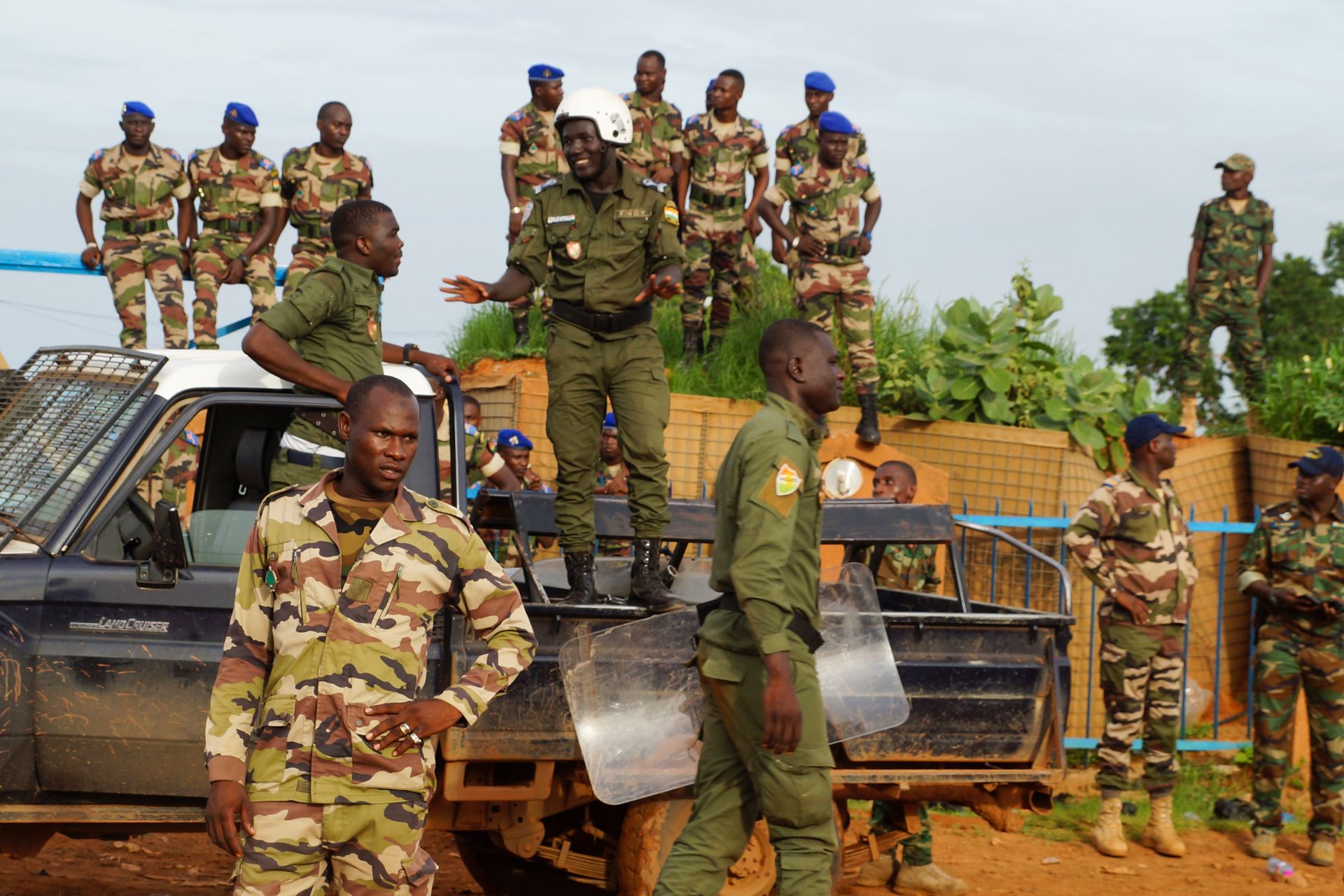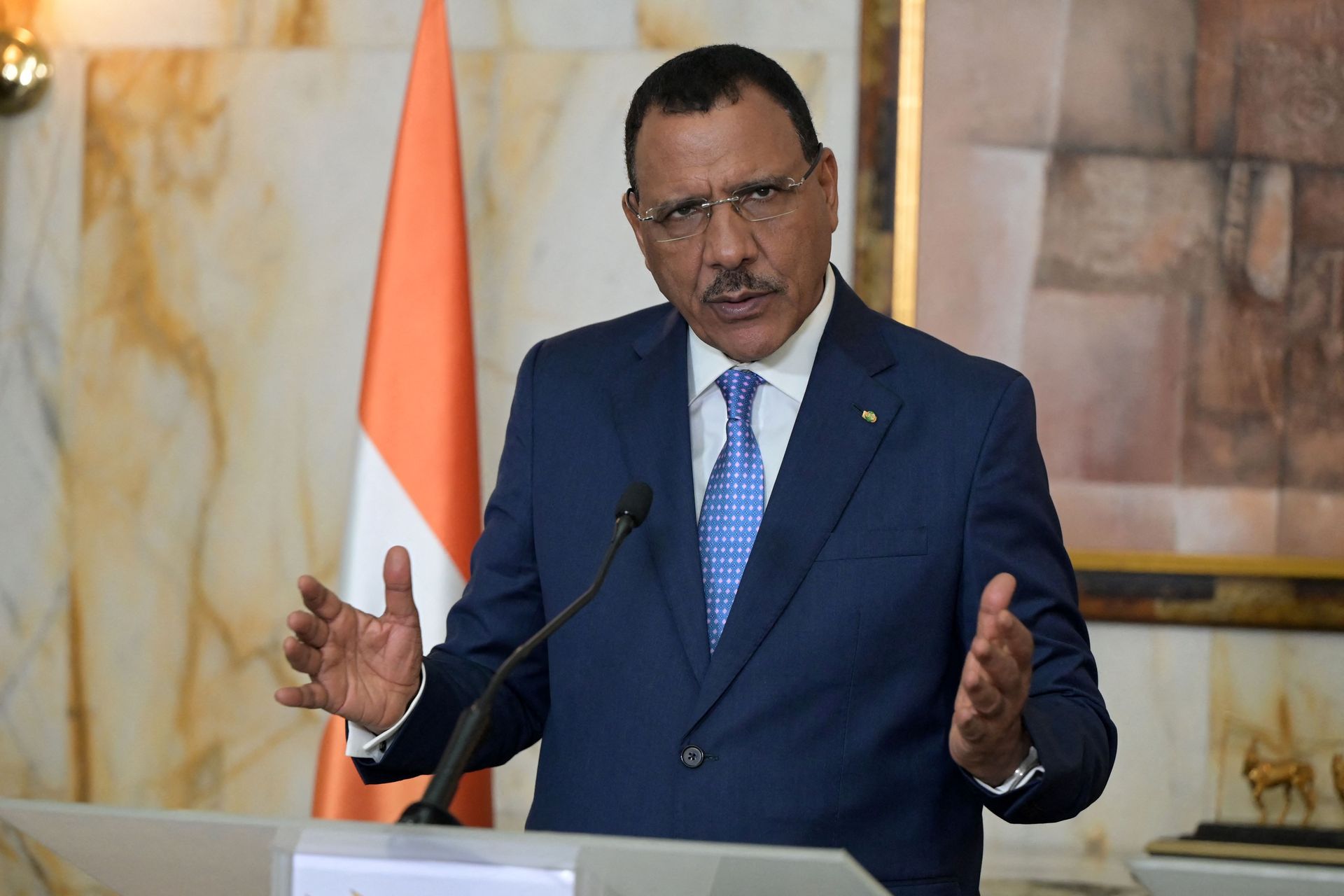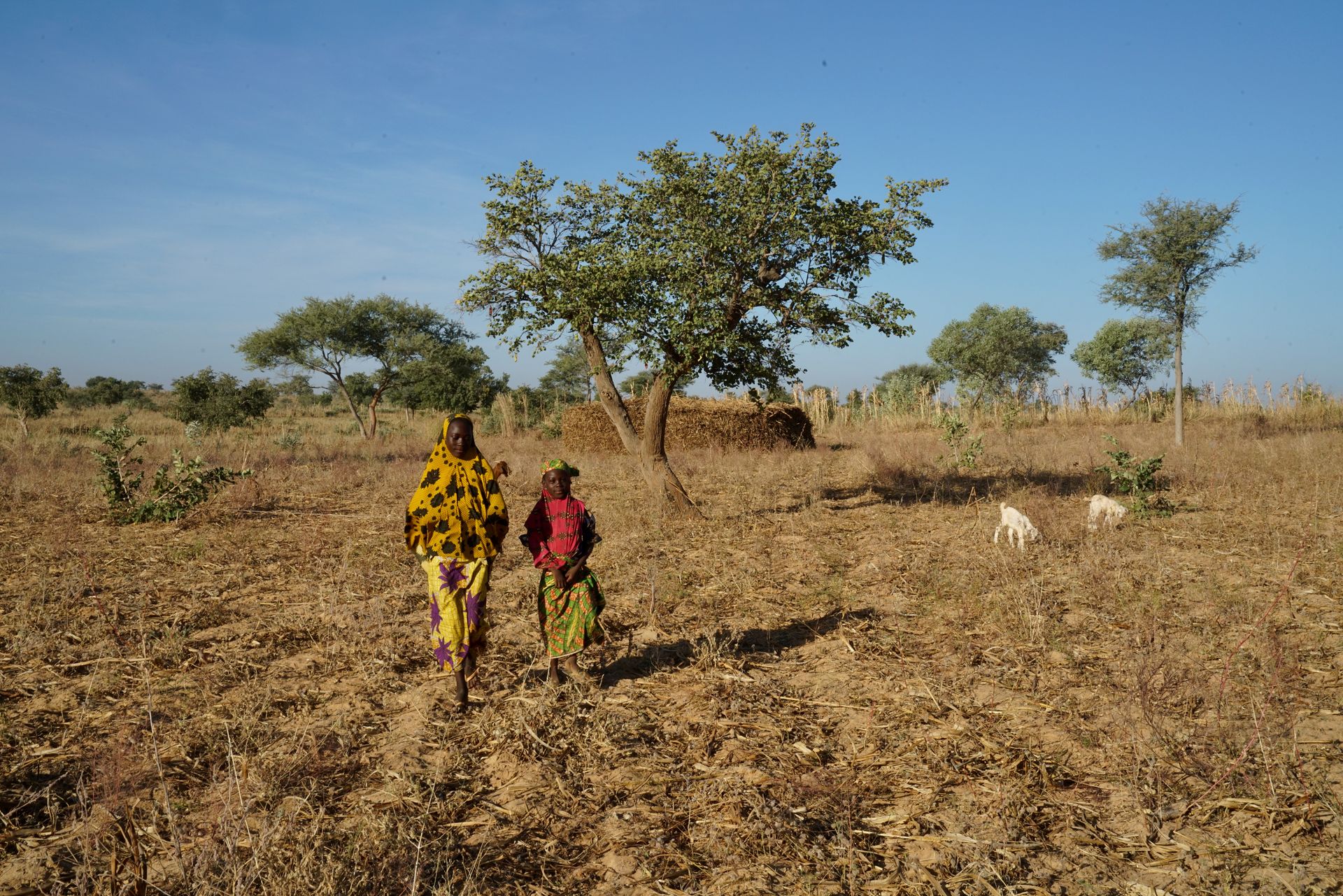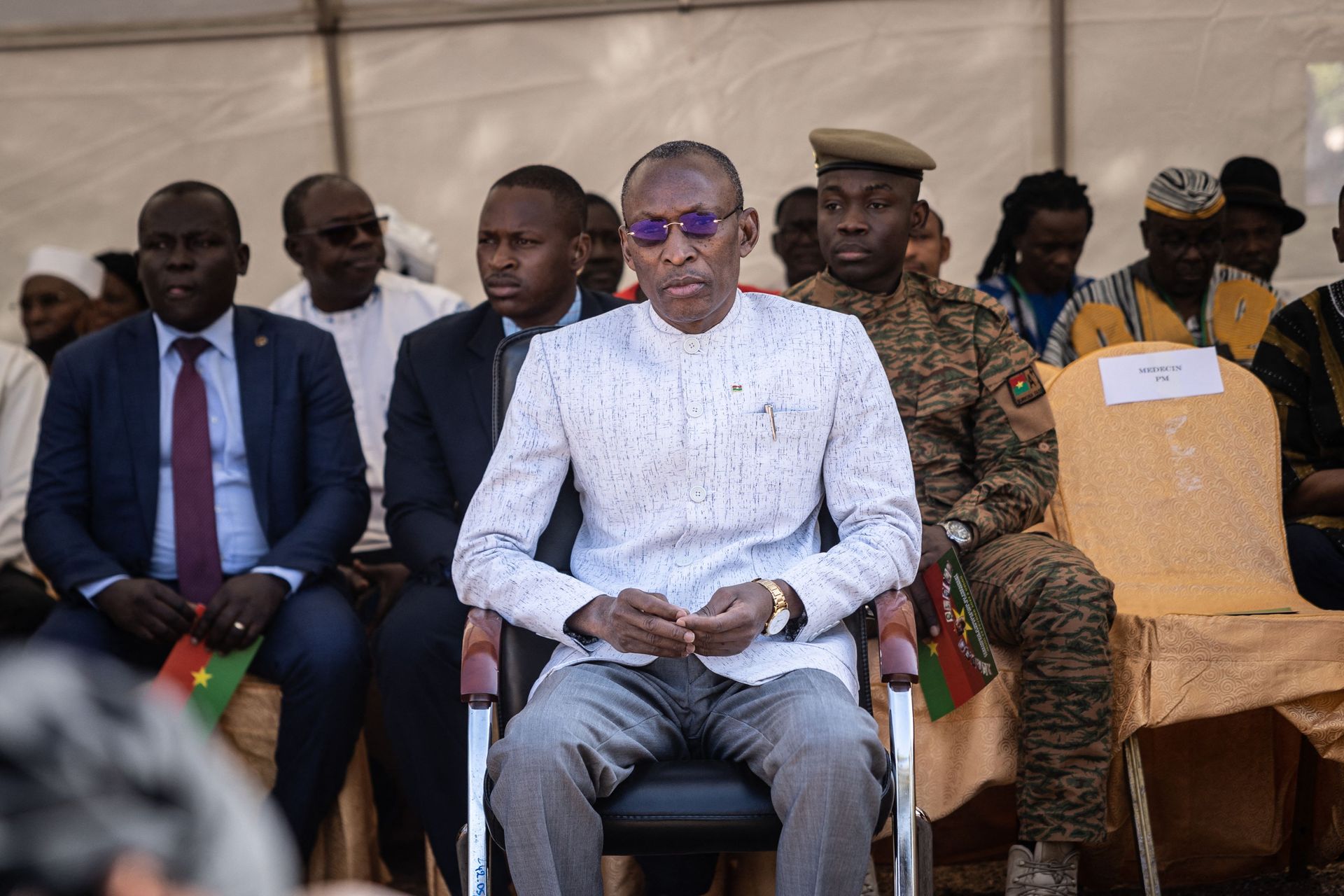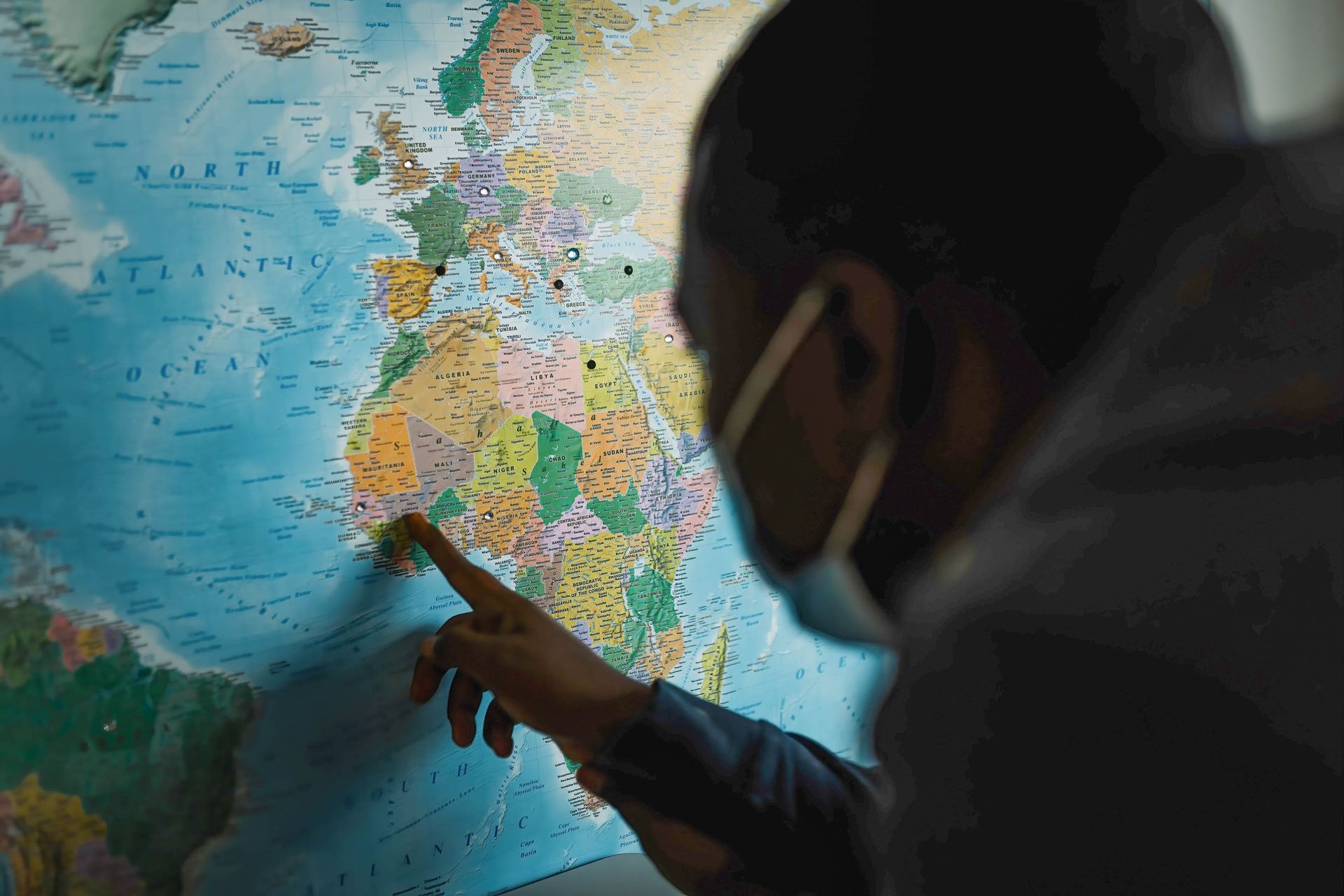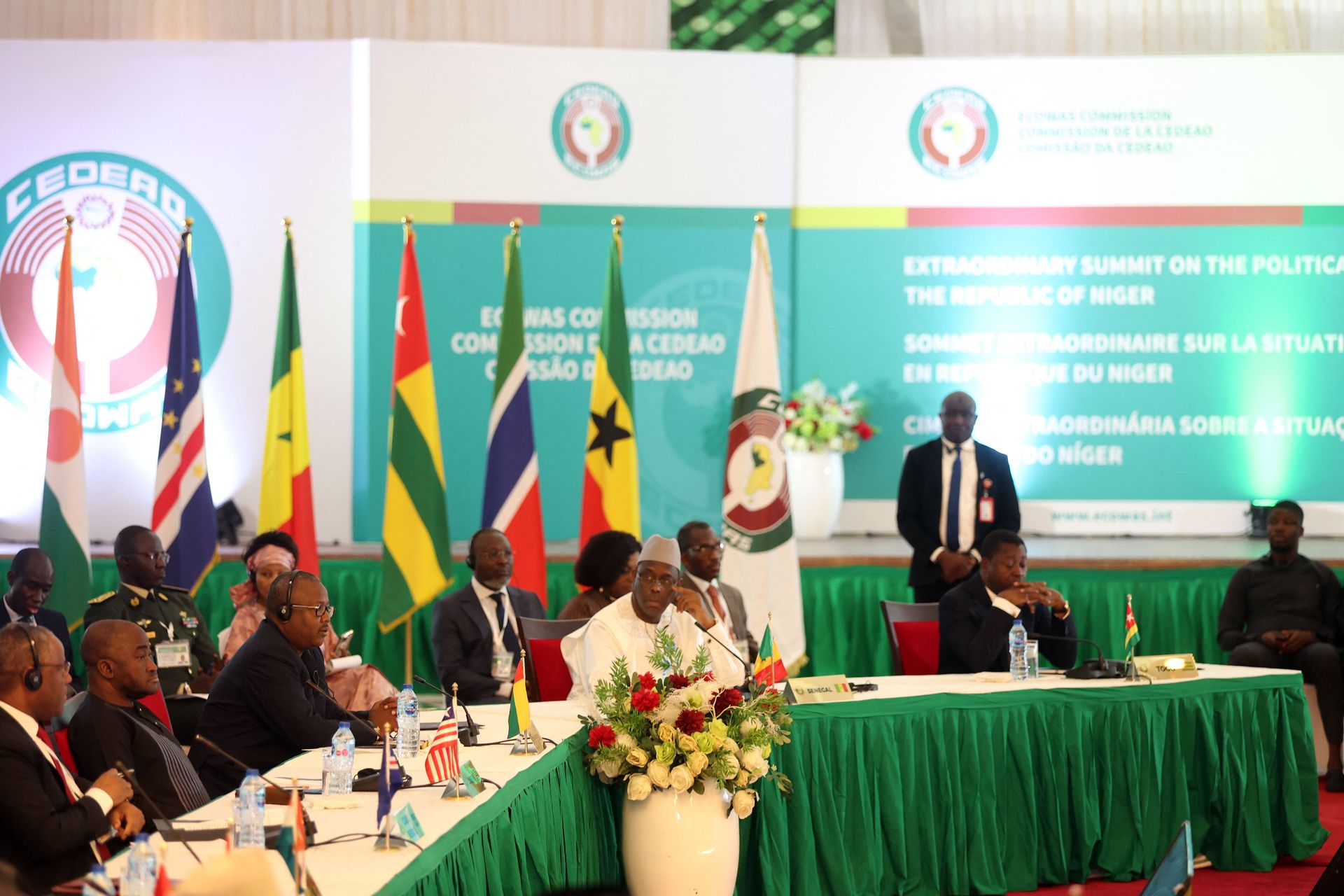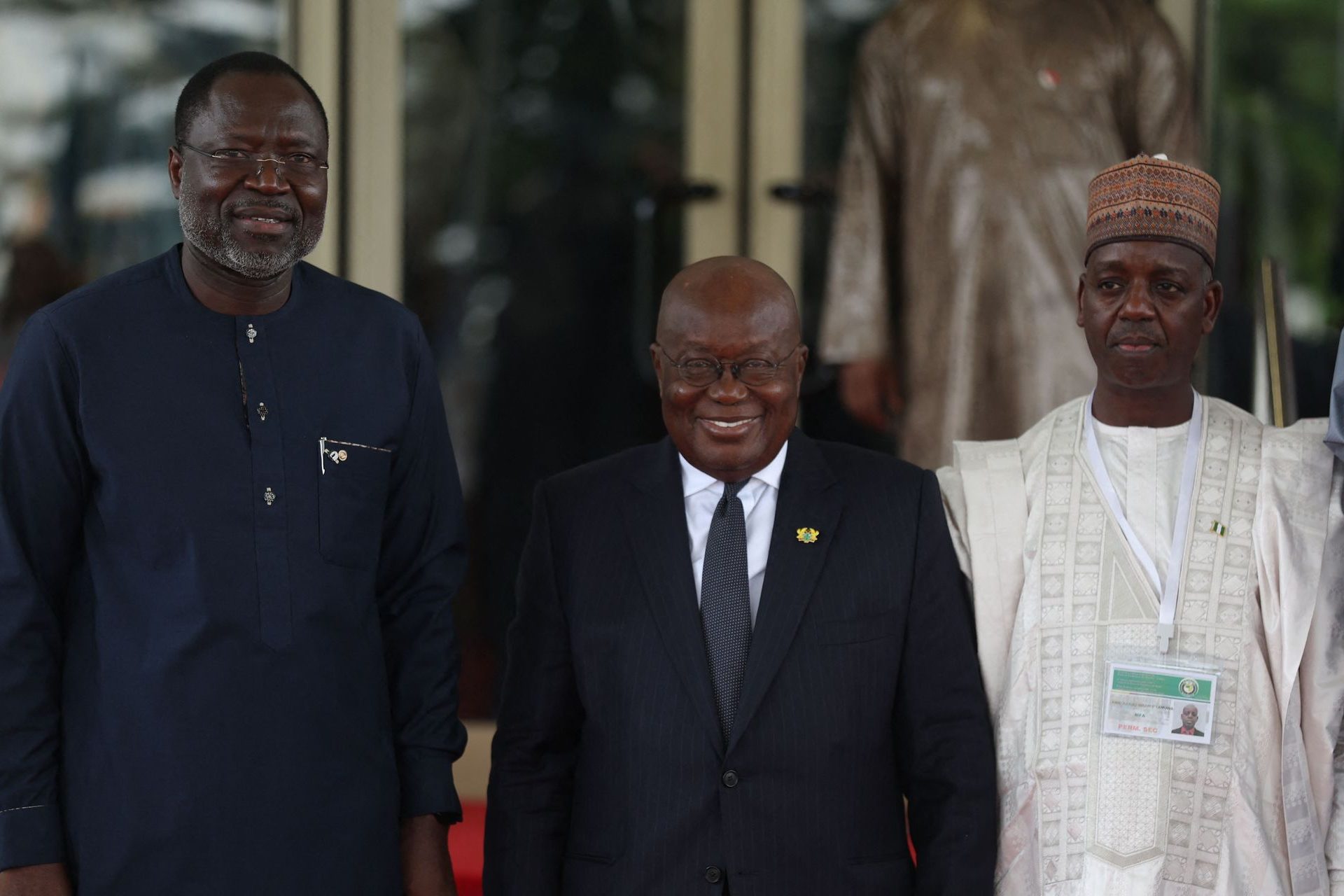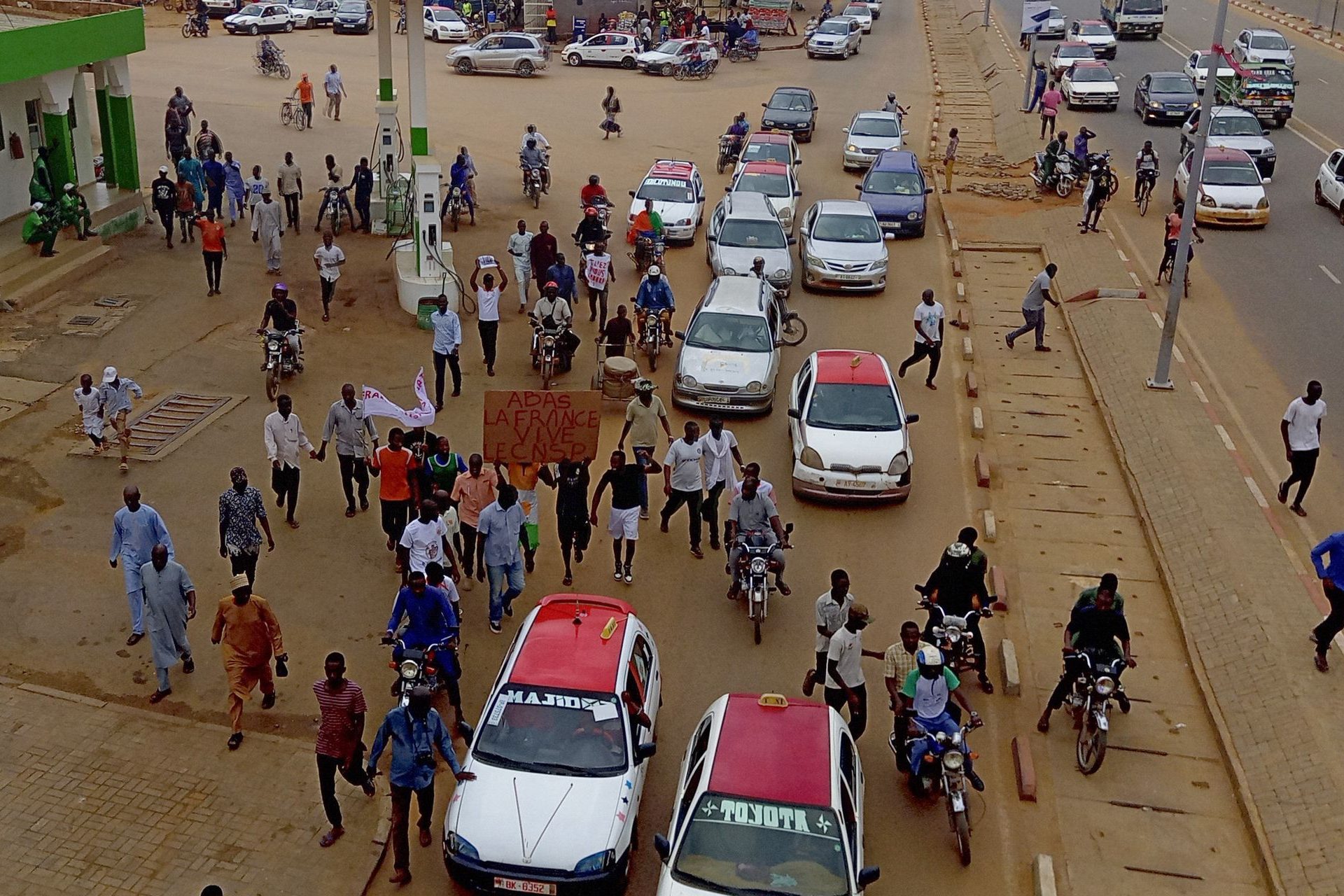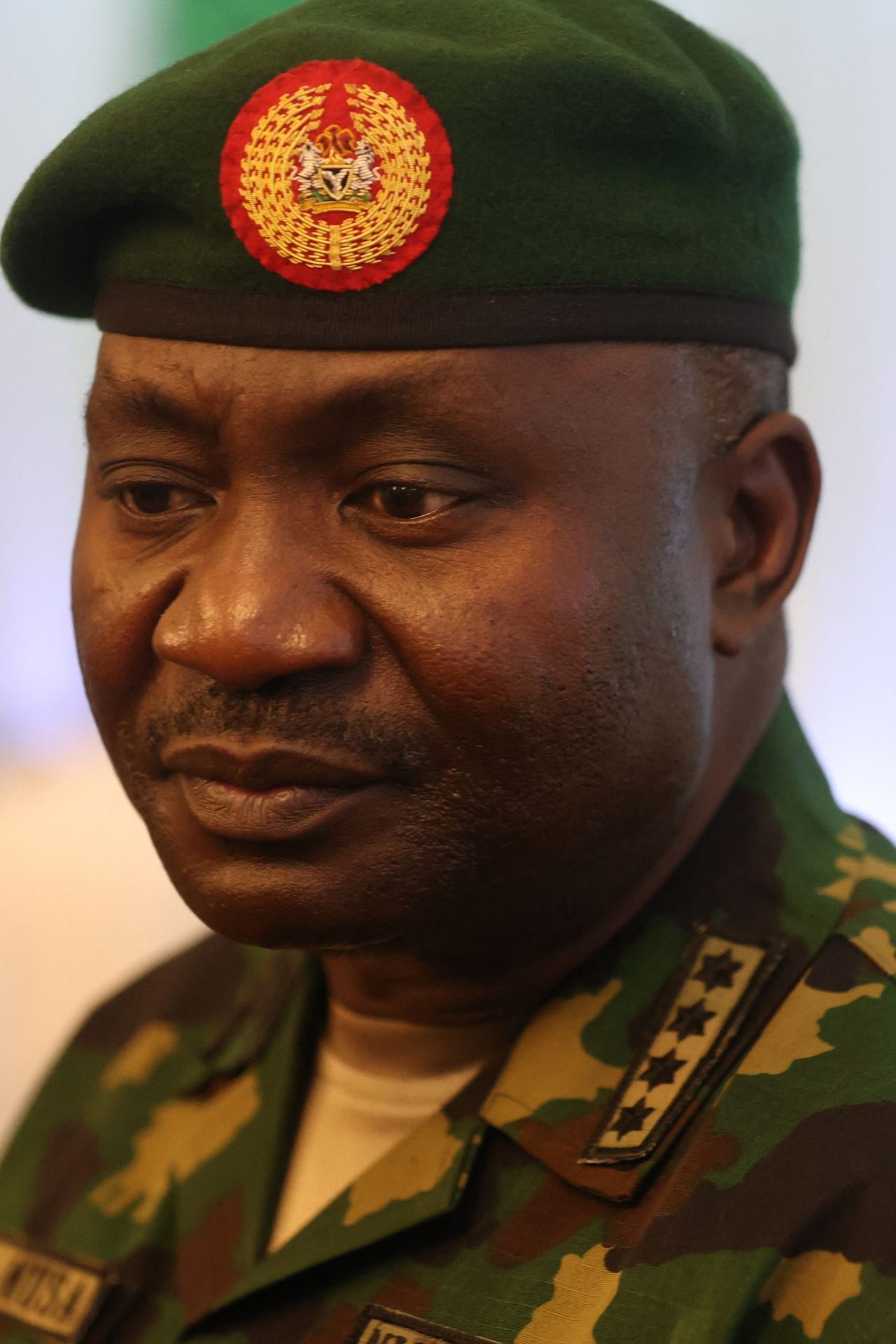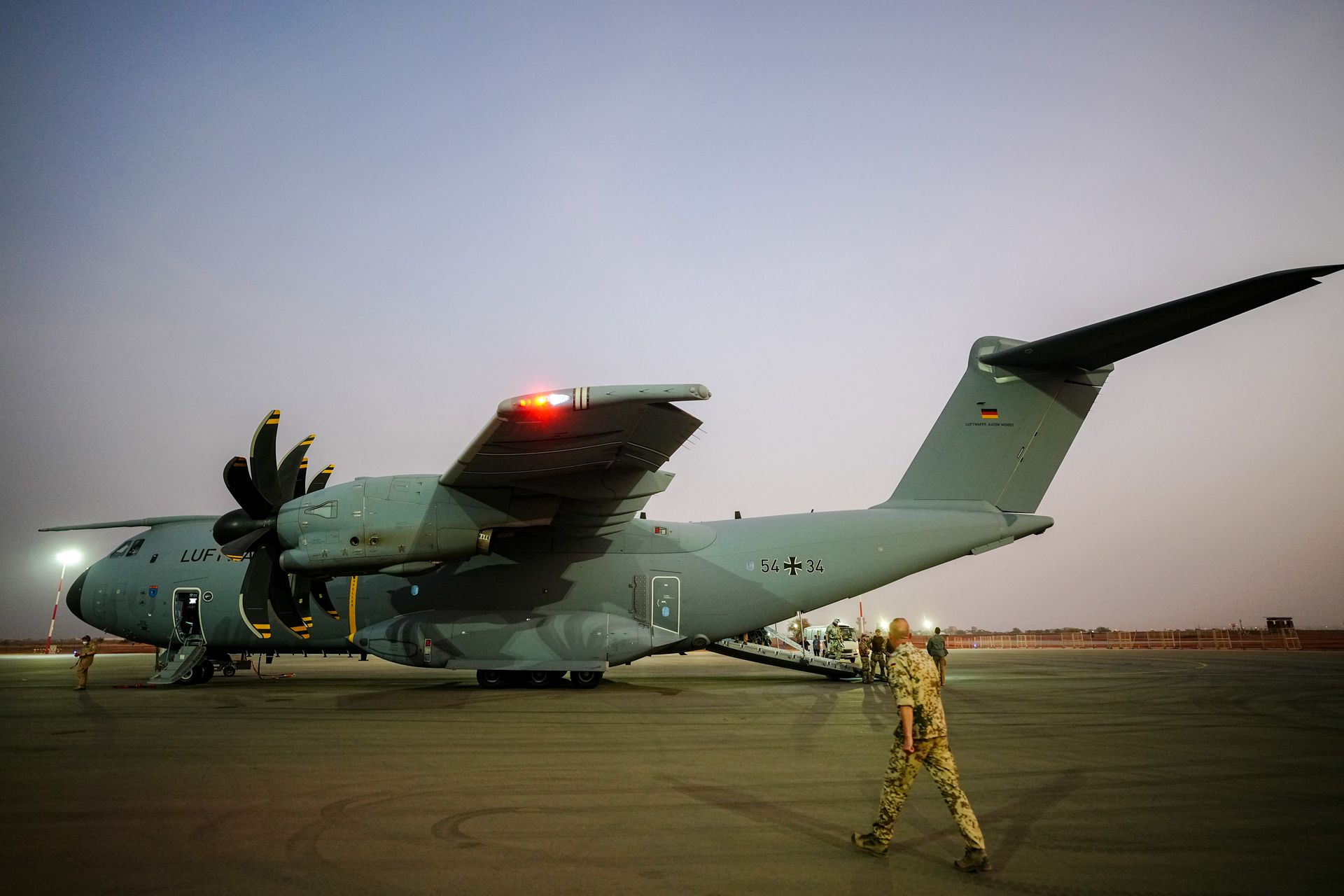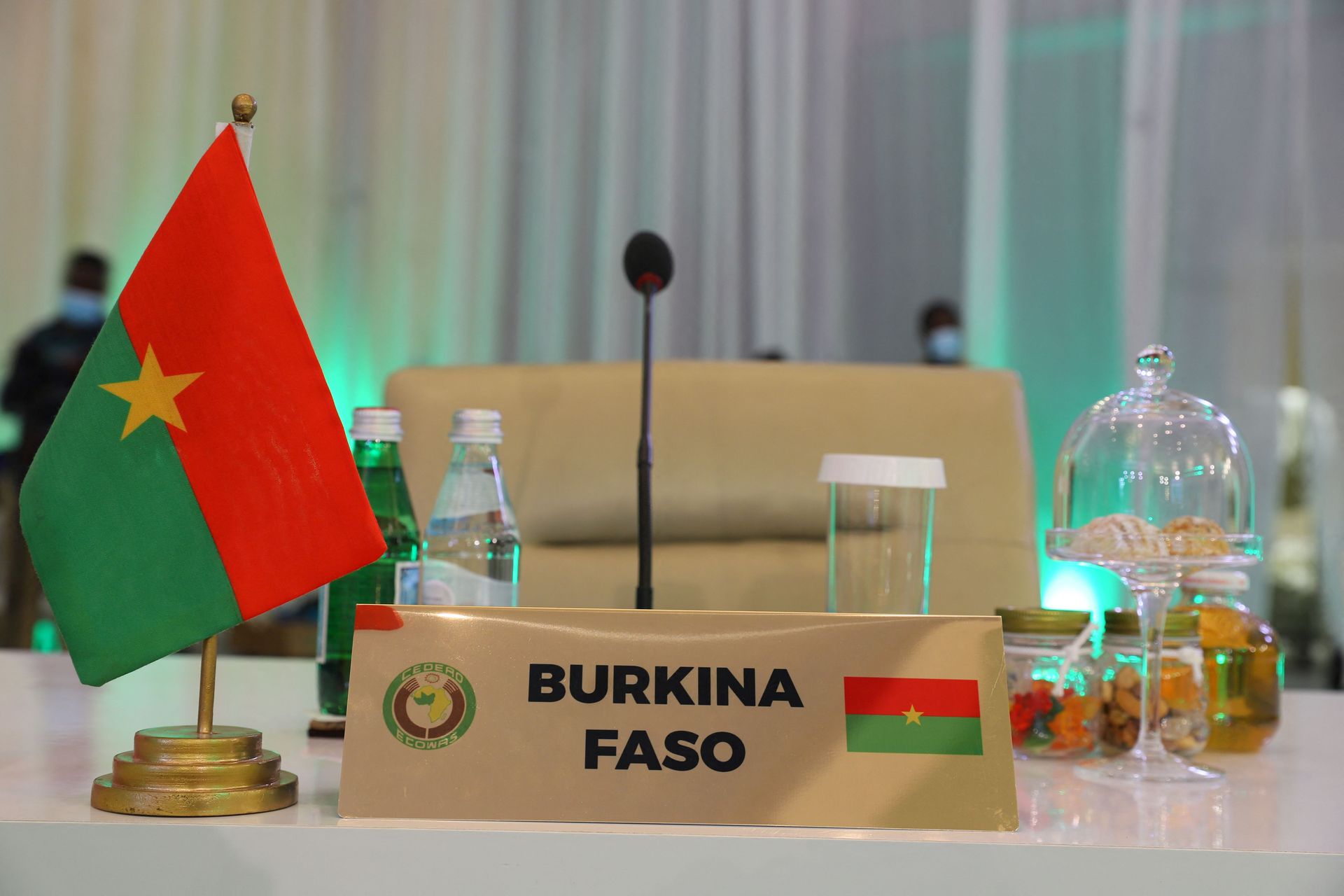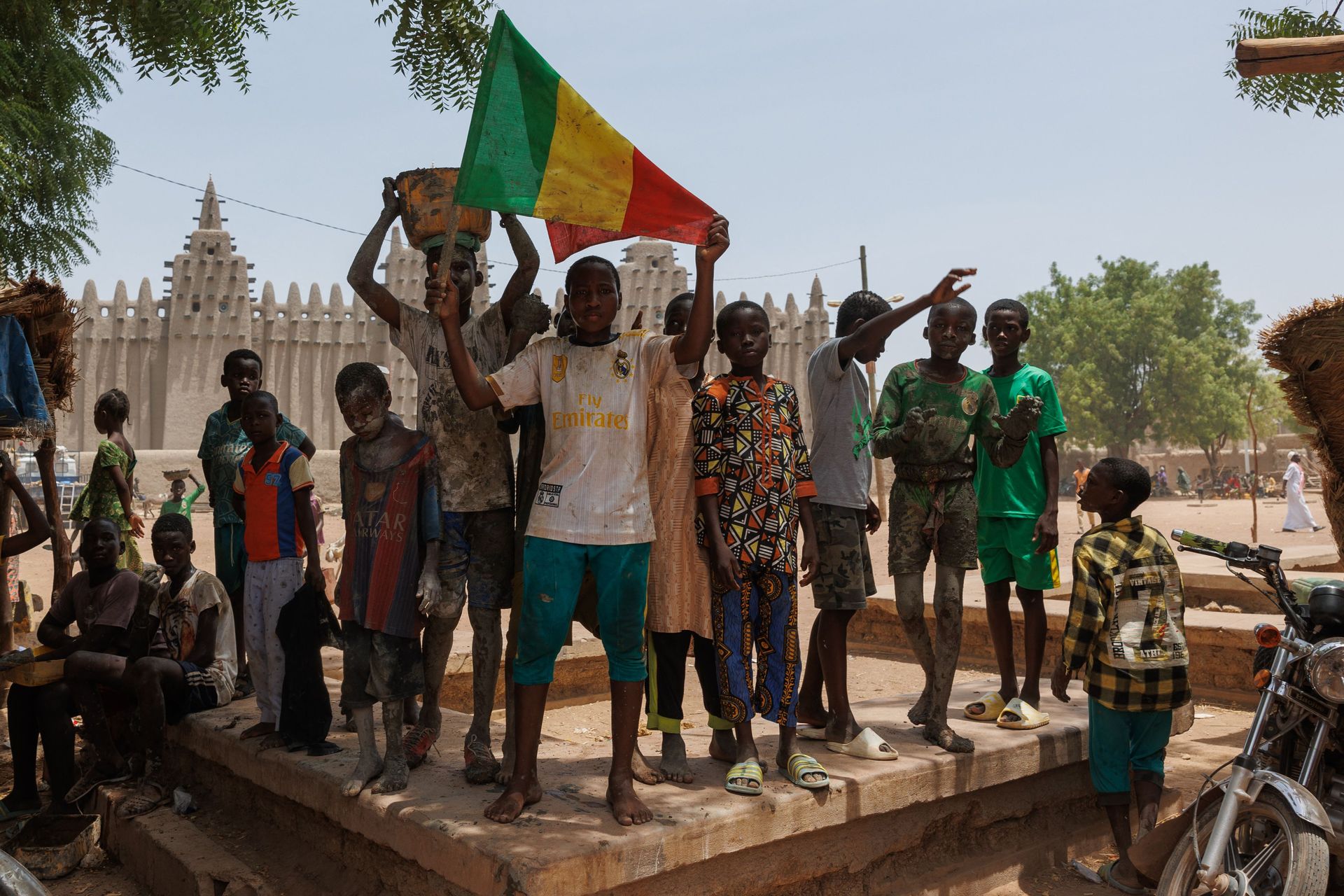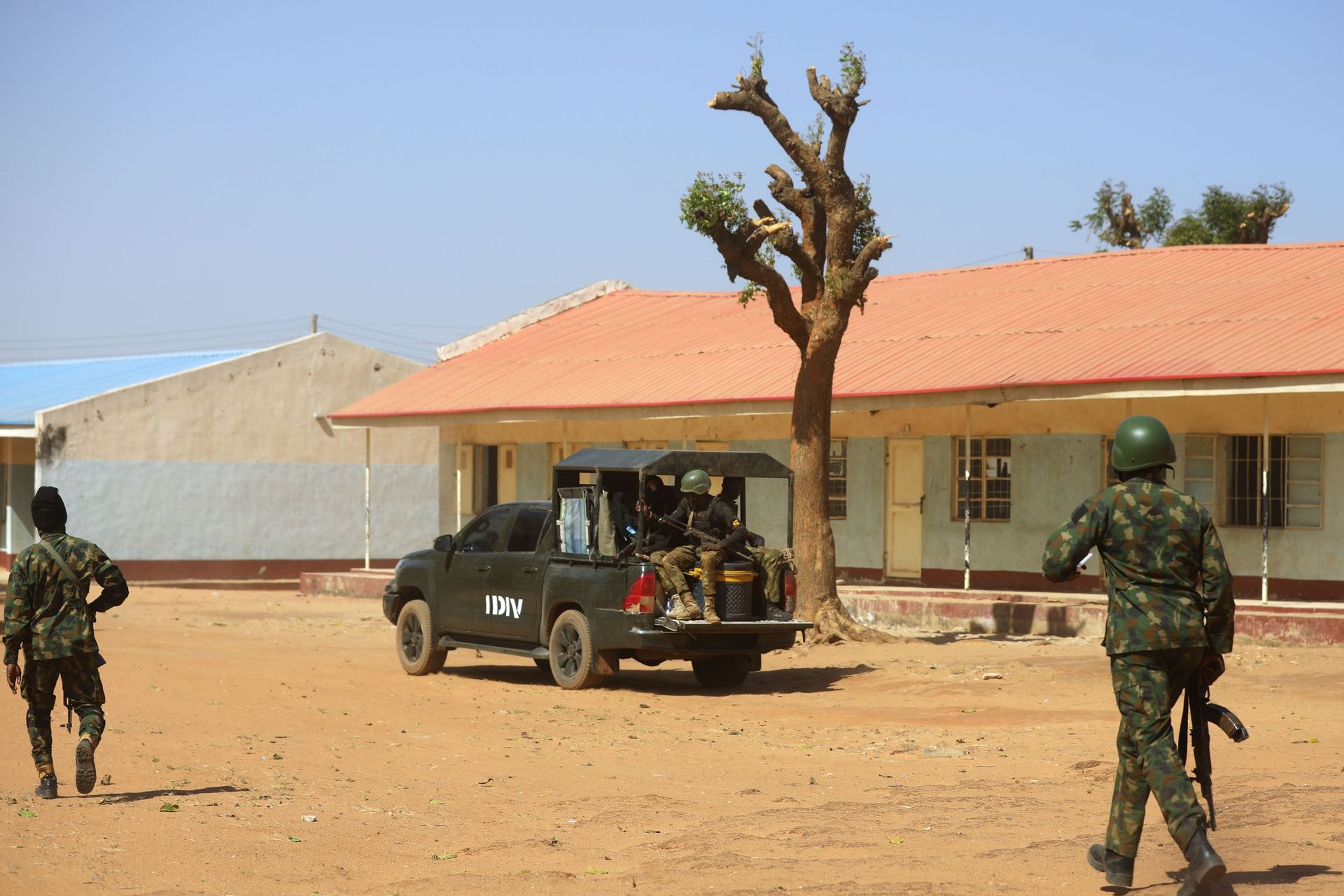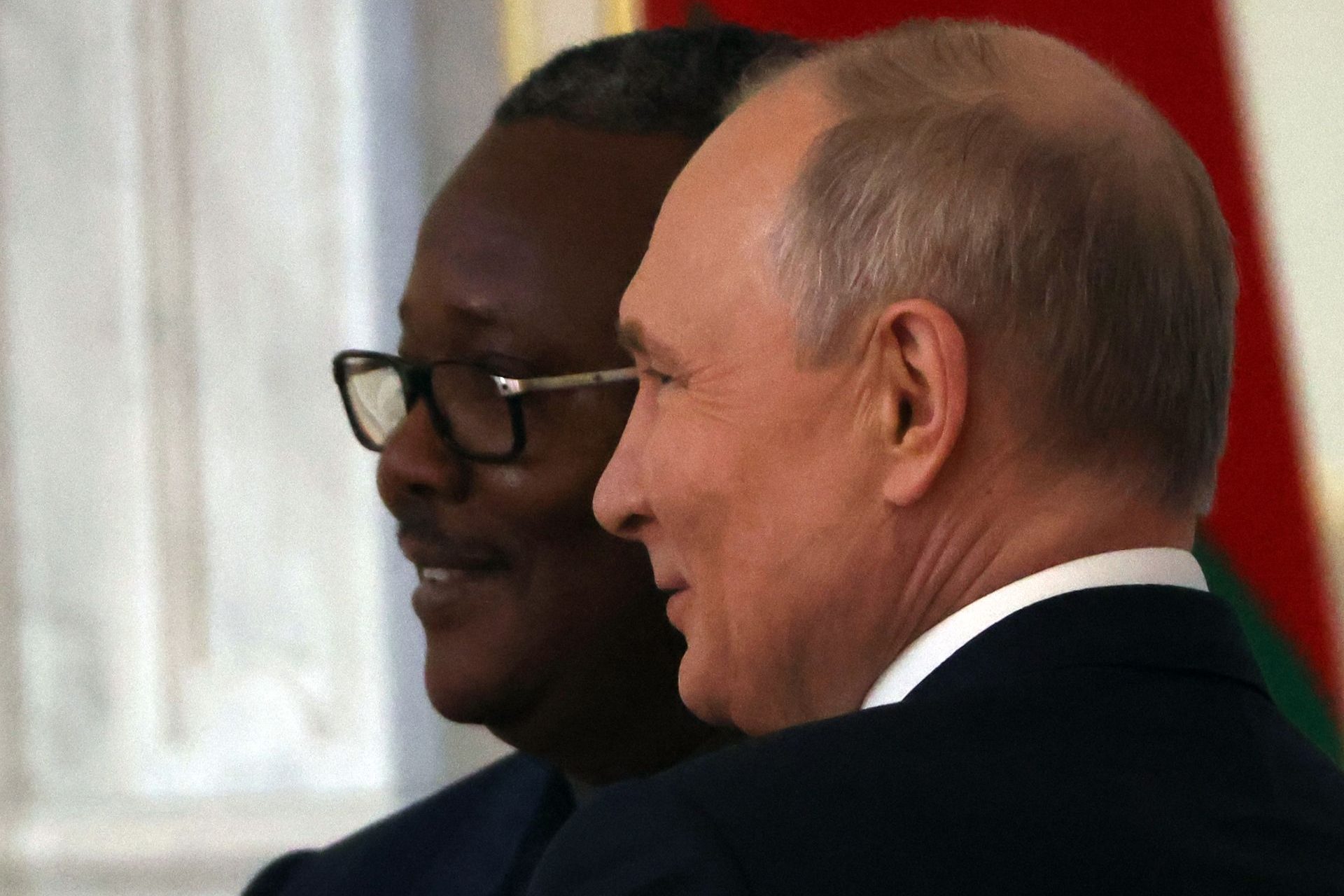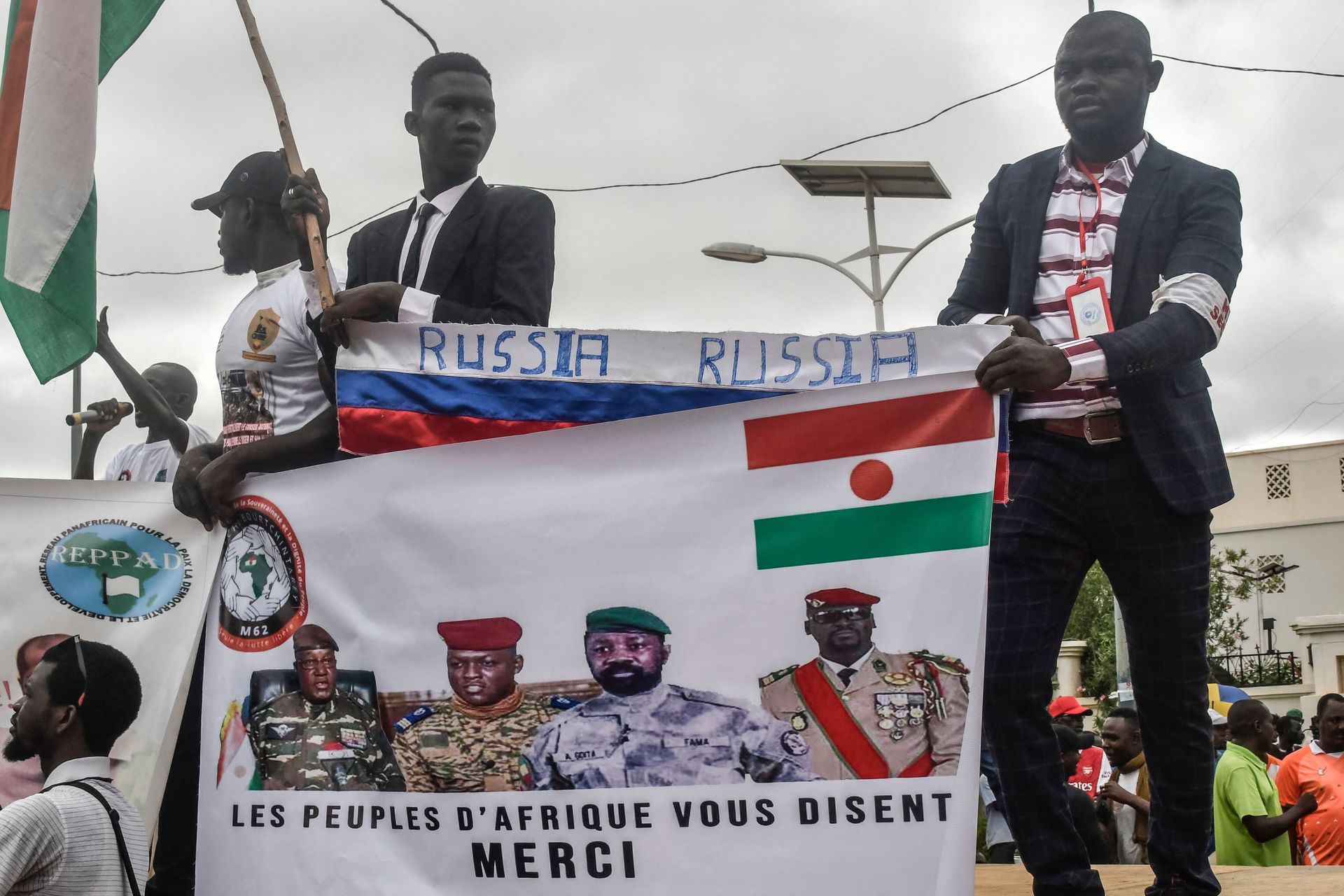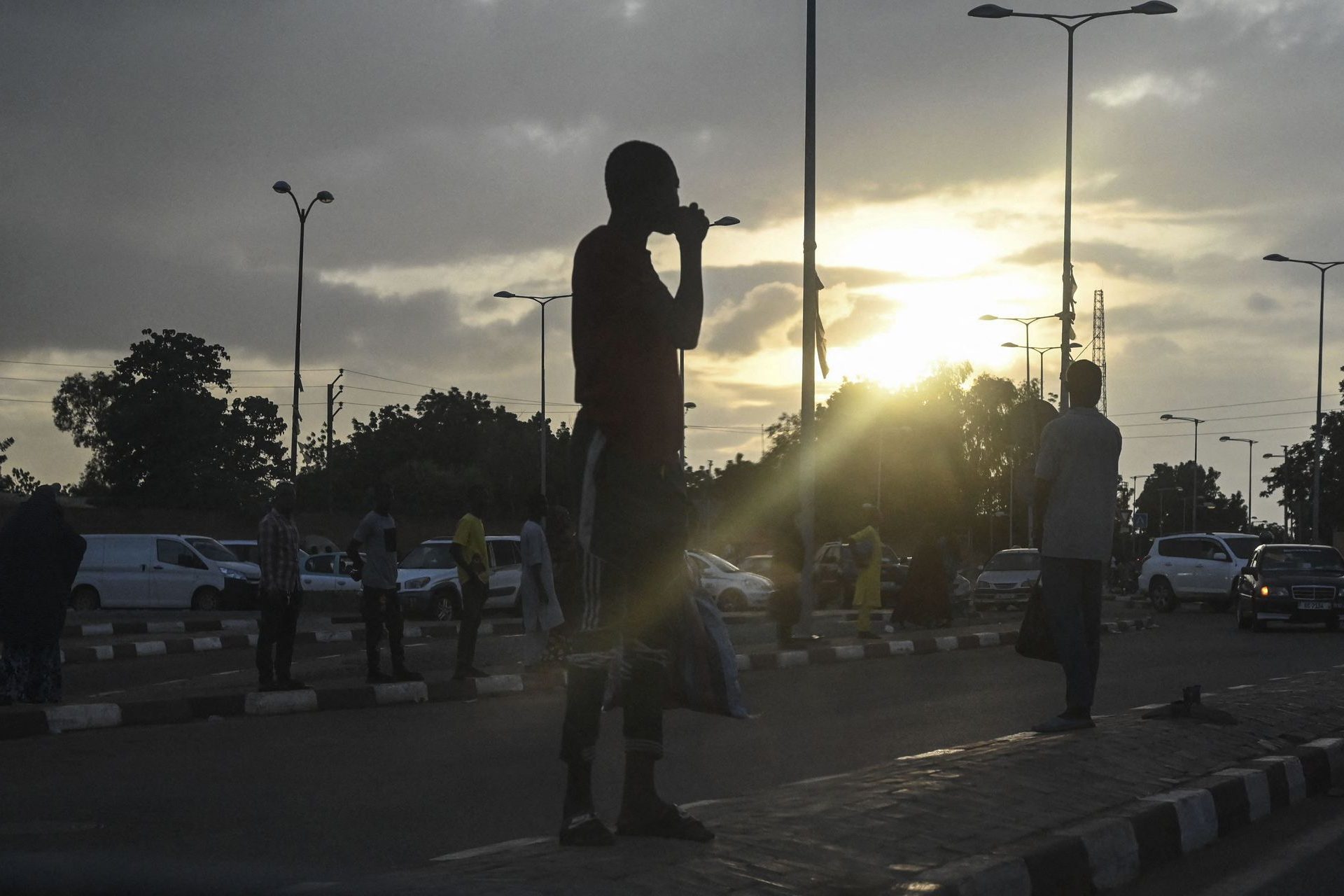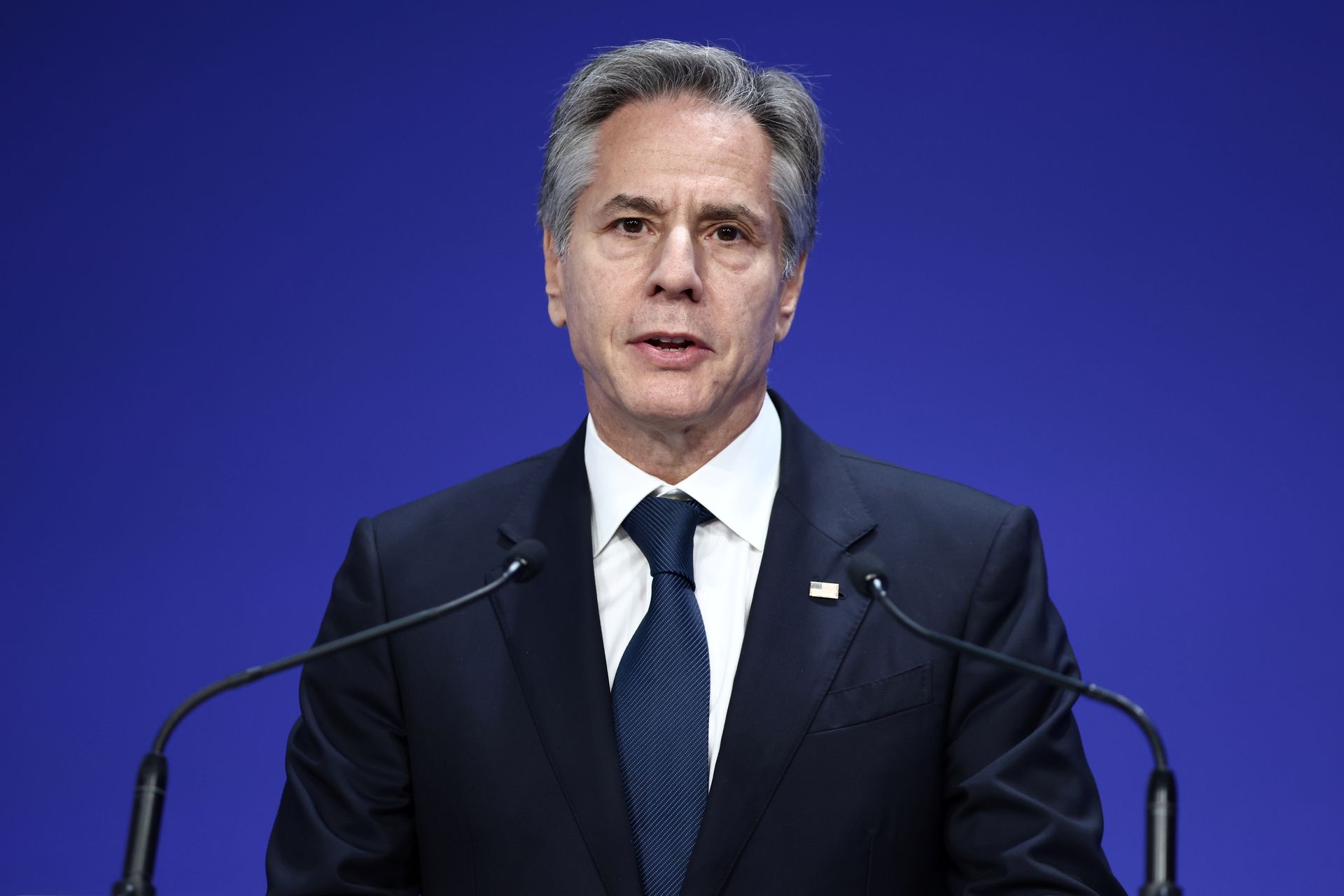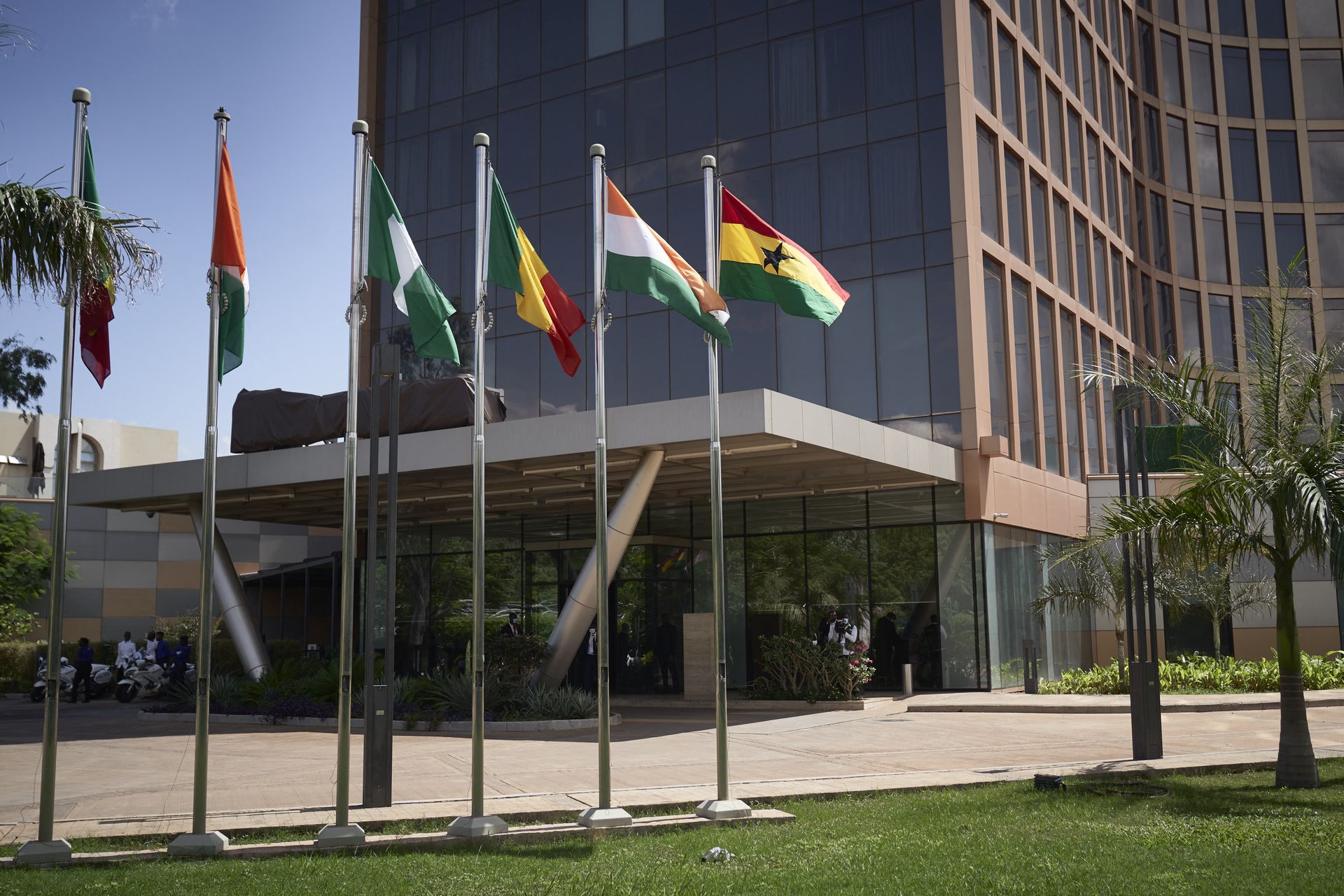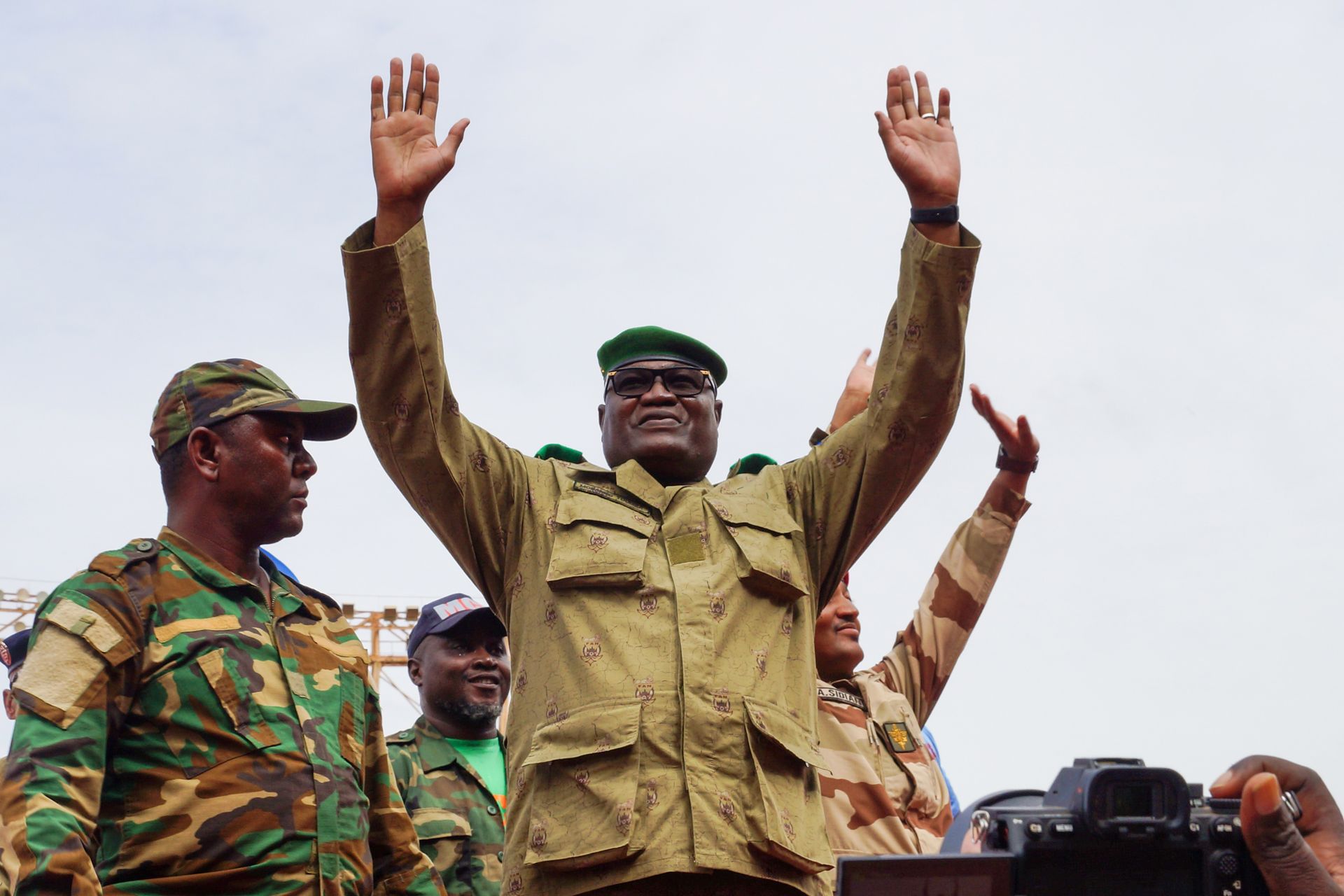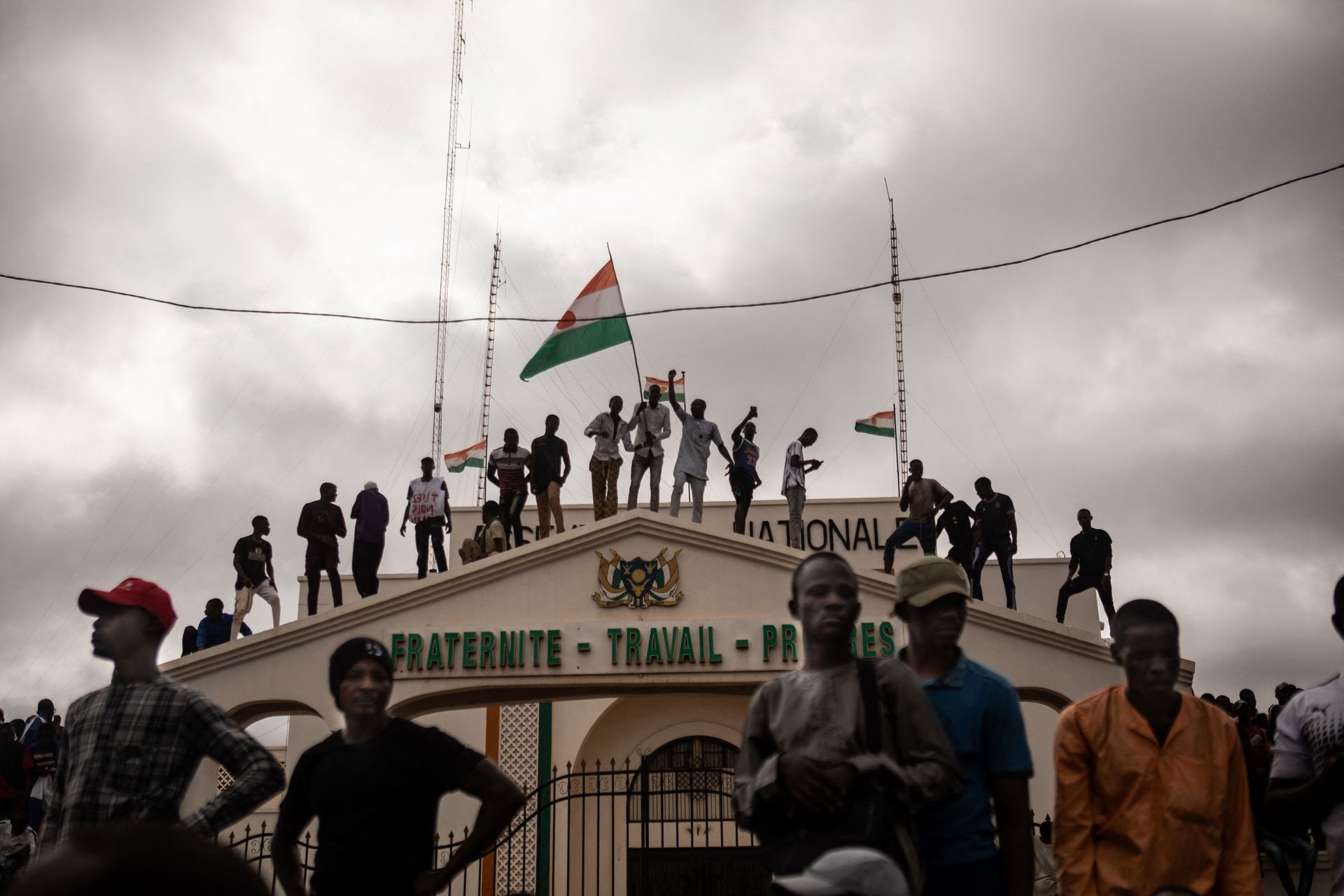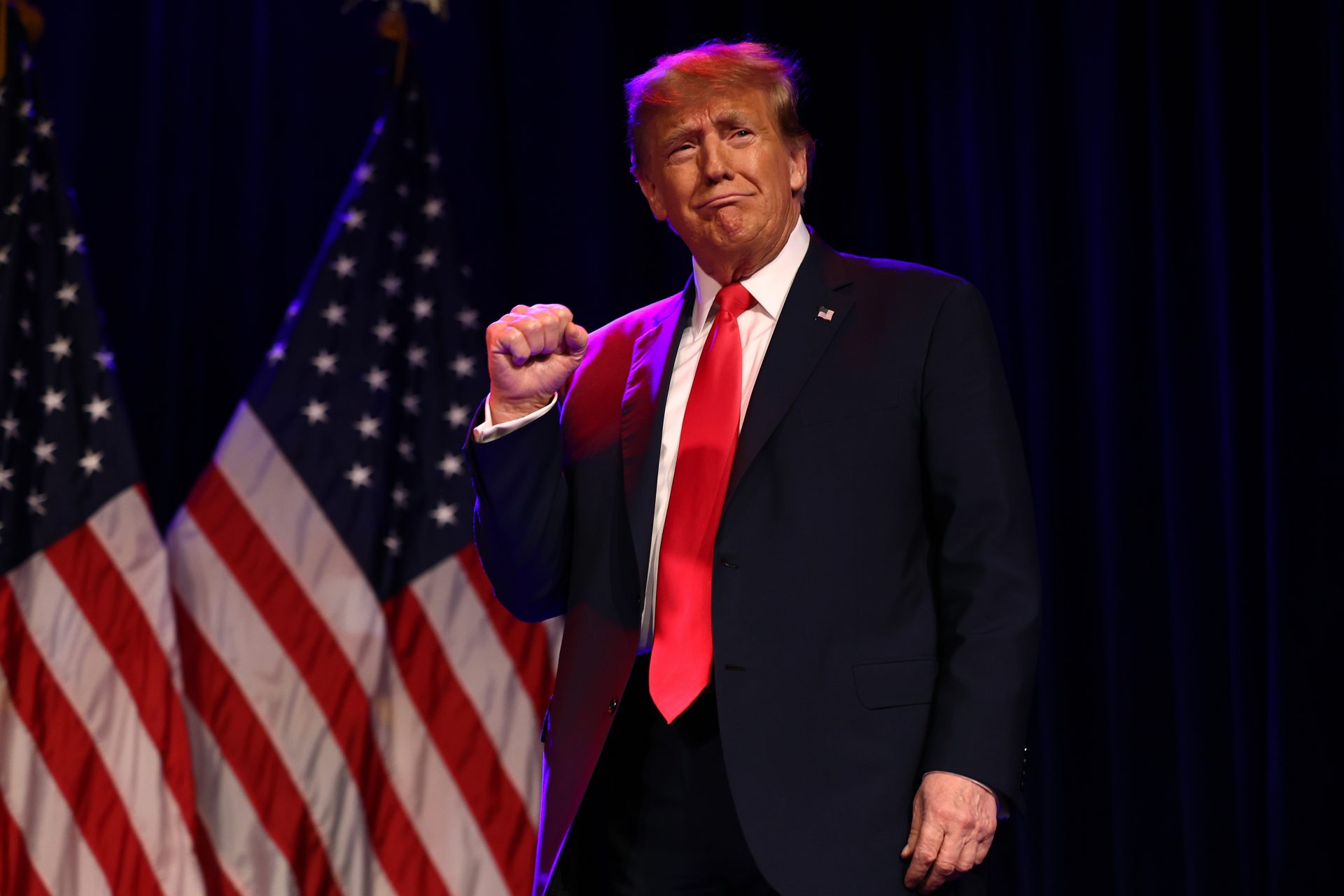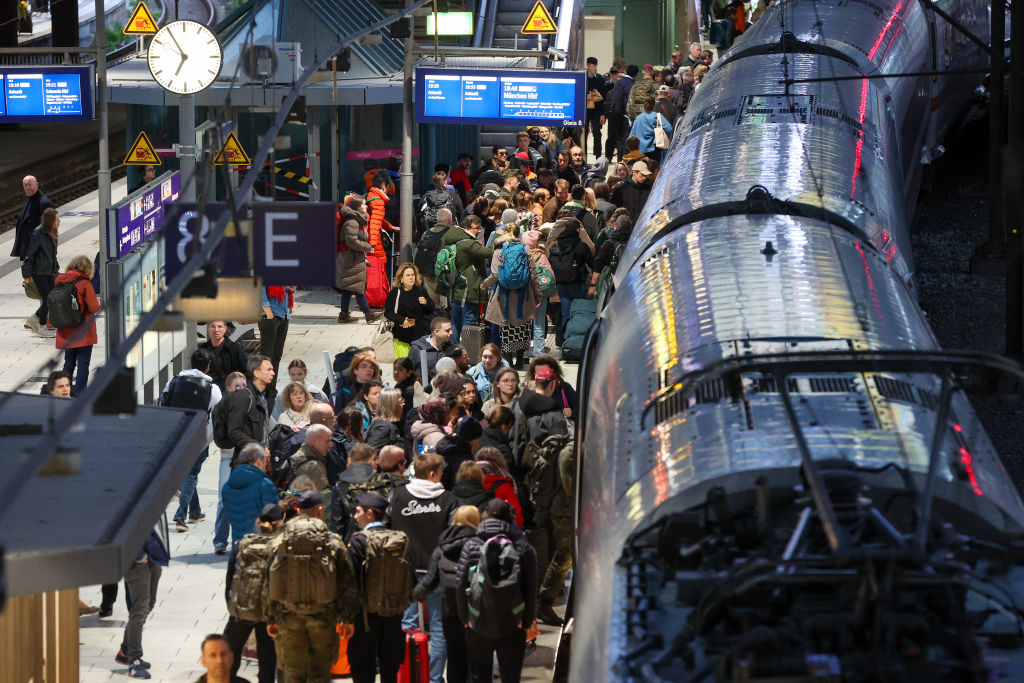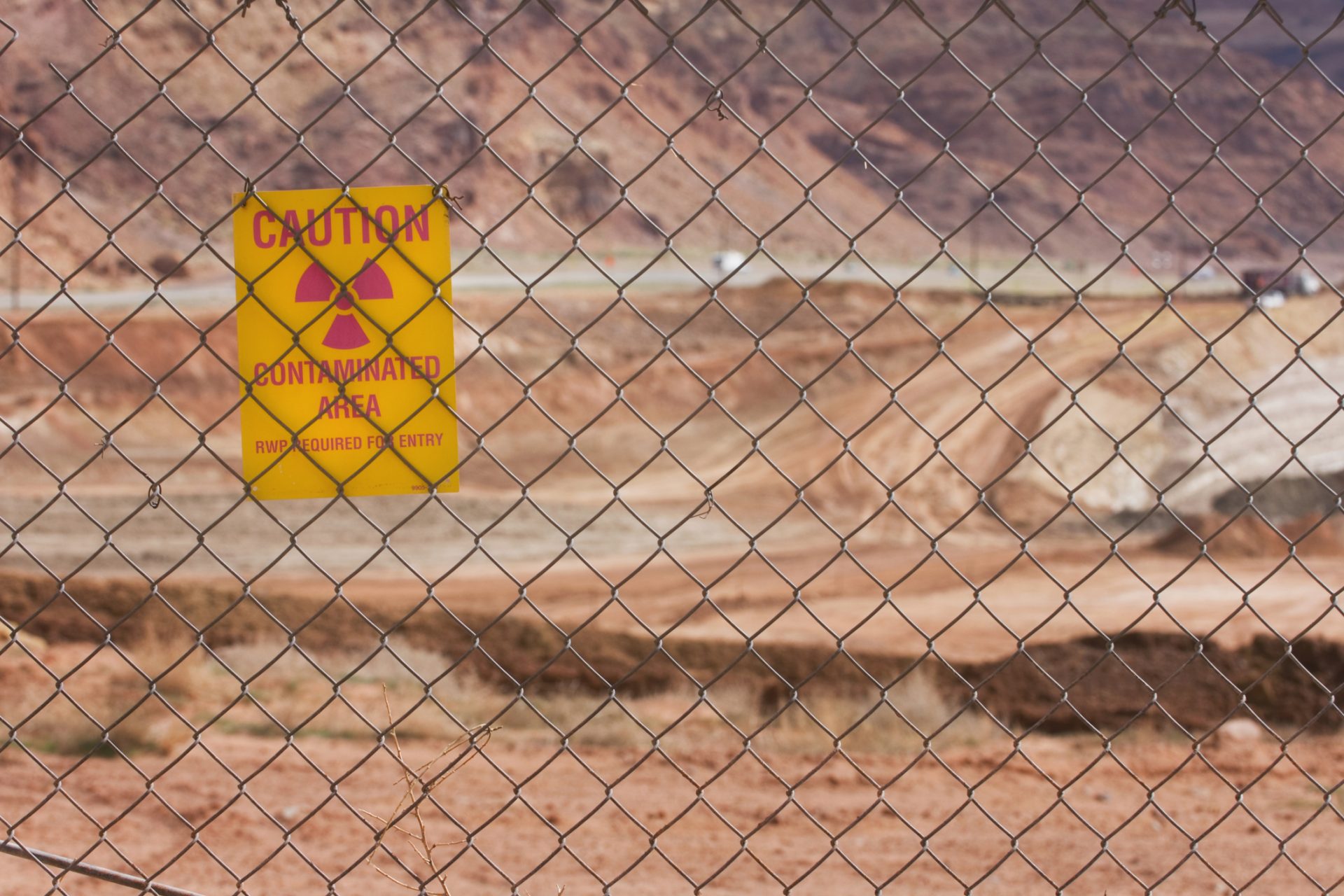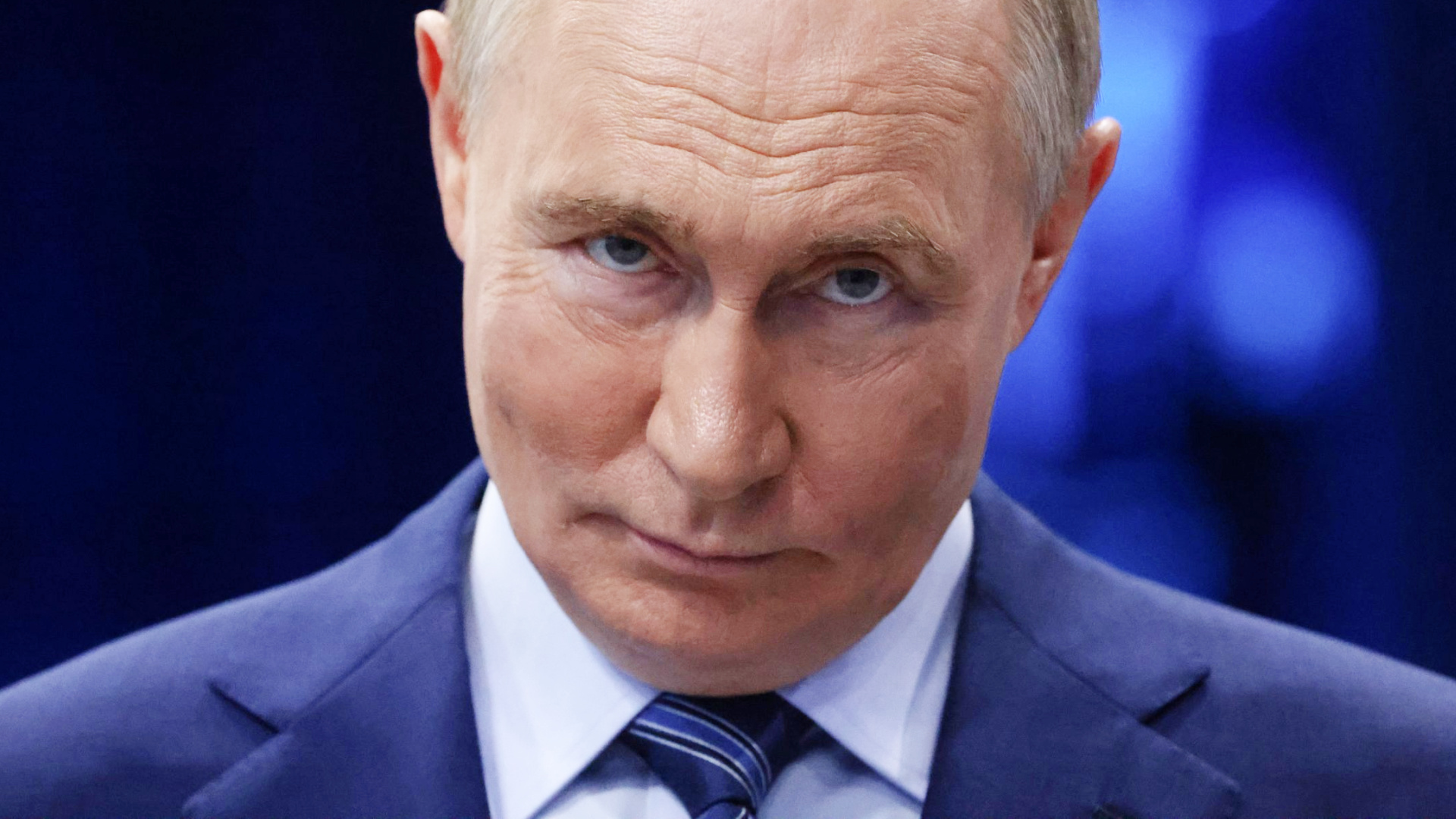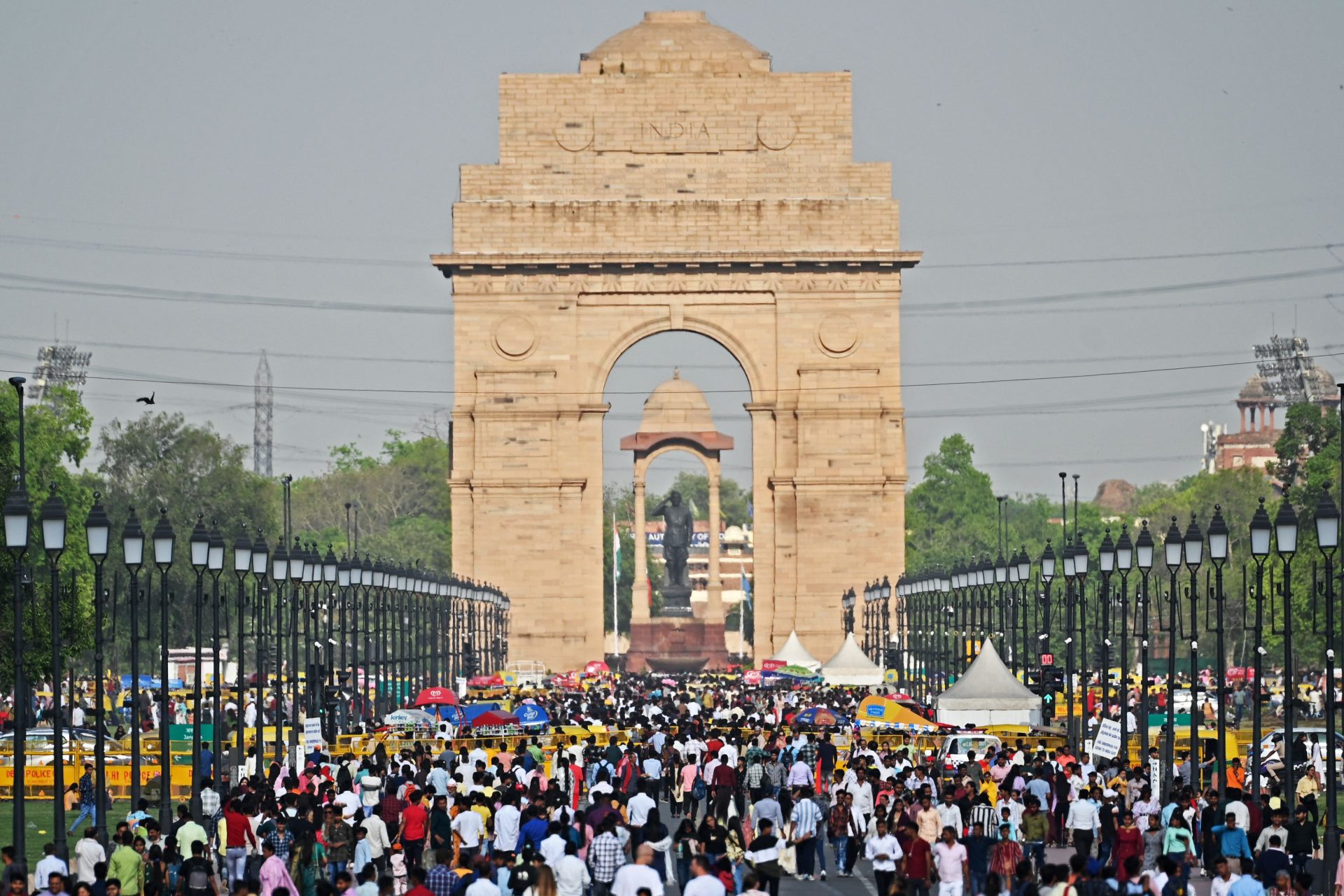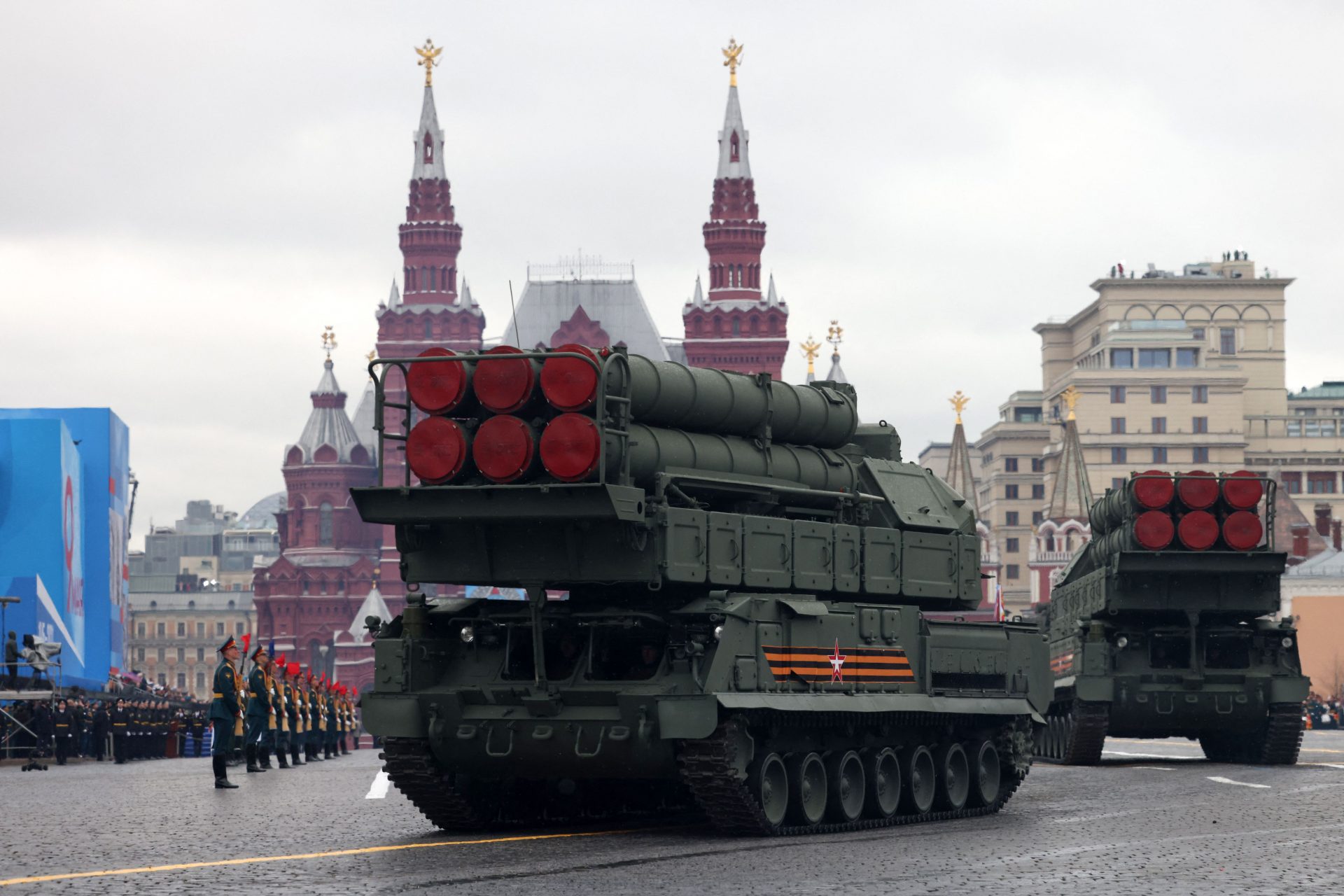Aftermath of the coup in Niger: update on the situation in West Africa
On July 26, Niger was the scene of a coup orchestrated by General Abdourahamane Tiani.
Niger's democratically elected president, Mohamed Bazoum (pictured), was overthrown and the country's constitutional order suspended.
Populated by approximately 22 million inhabitants, this large country remains very poor. In 2021, it was ranked 189 in the world on the Human Development Index (HDI), based on criteria of wealth, life expectancy and level of education.
The putsch in Niger is not the first to have taken place recently in the region. Mali had two in 2020 and 2021, followed by Guinea in September 2021 and Burkina Faso in January 2022.
The international community therefore fears a “domino effect” that could destabilize West African states.
Faced with this risk of contagion, members of the Economic Community of West African States (ECOWAS) condemned the coup in Niger.
Niger was rightly suspended as a member of this organization, as were Mali, Guinea and Burkina Faso following the coups that took place there.
The ECOWAS states issued an ultimatum to the new Niger power, threatening it with military intervention if it remained in place.
"We are ready. As soon as we receive the order to intervene, we will," said General Christopher Musa (in the photo), Nigeria's army chief, on 'RFI' on July 31.
Meanwhile, Niger's airspace was closed after the ultimatum expired on the night of August 6-7.
But not all neighboring states have condemned the recent events in Niger. Mali, Guinea and Burkina Faso, on the contrary, rallied to the putschists of Niamey.
These three countries have also indicated that a military intervention in Niger would be considered as an aggression against their own territory.
The jihadist risk remains present in several West African countries. In northern Nigeria, the population is worried about the repercussions of a possible intervention in Niger.
This antagonism between African states is taking place against the backdrop of a new Cold War between Russia, an ally of the military juntas, and the West, which supports African democracies.
As Colonel Peer de Jong, a military trainer in Africa, told 'Slate', “we know from experience” that sanctions “do not work” in this type of situation and that they would play into Russia's hands.
“The notoriety of Moscow and the Wagner Group is intact in African and Sahelian public opinion. If it intervenes, ECOWAS would appear to be pro-Western," added de Jong.
Consequently, the diplomatic channel remains privileged at this stage to restore constitutional order in Niger. But the situation remains unpredictable.
The efforts of ECOWAS in this direction are also supported by the United States, as the American Secretary of State Anthony Blinken has told the media.
The ECOWAS Chiefs of Staff will meet on Thursday August 17 and Friday August 18 in Ghana to discuss the possibility of a military intervention.
For his part, the new Prime Minister of Niger, Ali Mahaman Lamine Zeine, welcomed a religious delegation from Nigeria on Saturday August 12. He reaffirmed in passing his desire to preserve his country's relations with ECOWAS.
But Niamey's intentions are not yet clear, the new regime also wishes to prosecute the ousted president for "high treason".
More for you
Top Stories



